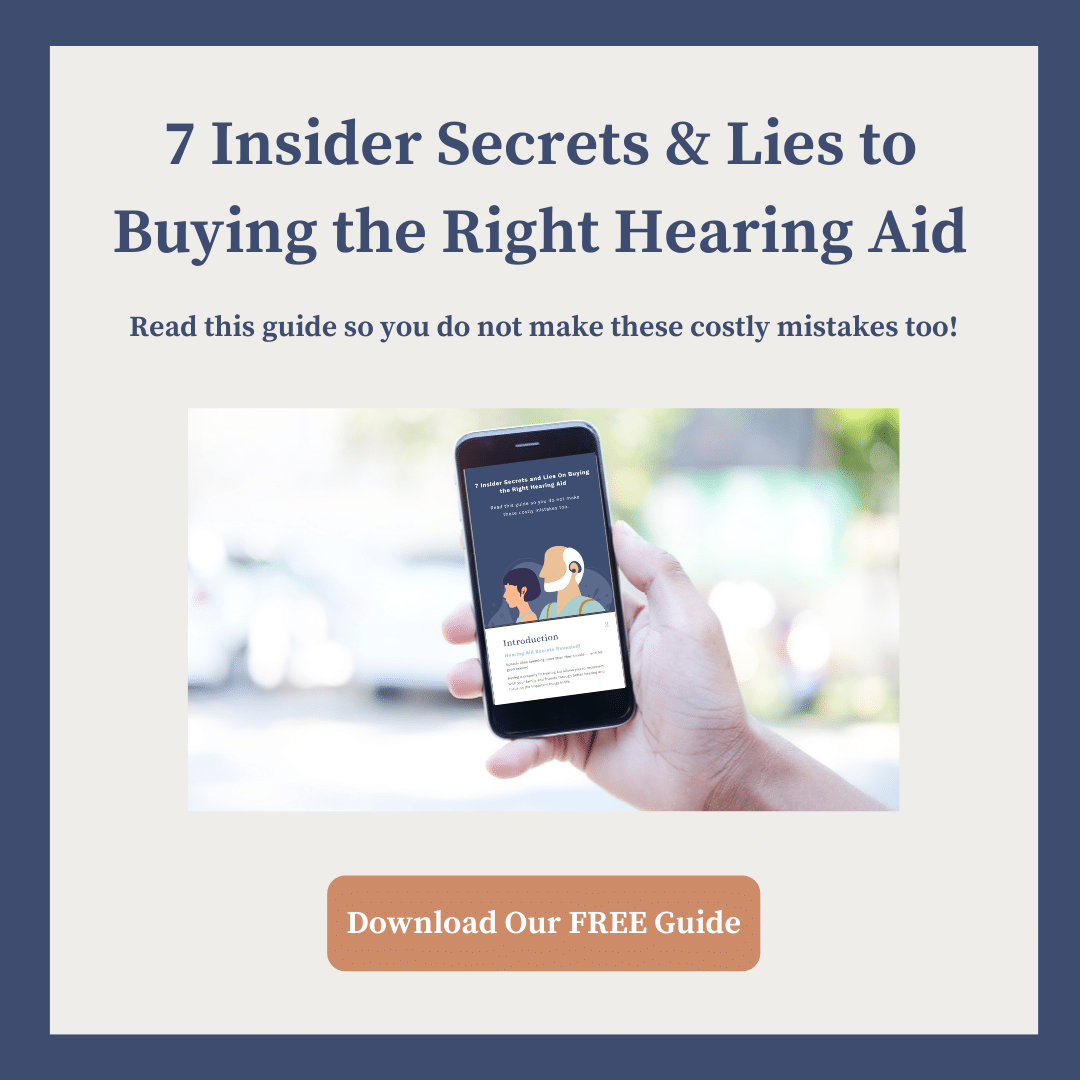
One of the many potential unspoken side effects of hearing loss is depression. The stigma around both hearing loss and depression, especially in the generations who are currently most affected by age-related hearing loss, leads many to self-isolate and avoid seeking help for either their hearing loss or depression, which is why we want to bring as much attention and empathy as possible.
What is Depression?
Depression, clinically diagnosed, is a type of mood disorder that causes a wide variety of experienced and behavioral symptoms. Depression manifests itself in many different ways depending on a person’s lifestyle, mental health, cognitive ability, and even genetics. Often, depression looks like on the outside as a loss of interest, extended periods of sadness or low energy, and even a loss of appetite.
On the inside, depression often feels like a lack of hope, energy, motivation, and happiness. Normal everyday activities seem difficult or impossible to complete, such as making a meal or cleaning. It can lead people in mental spirals toward despair, and some people who experience depression see tomorrow as only more of the same as today, with no change in their personal experience or activity visible on the horizon.
Depression can be caused by factors like untreated hearing loss but often has multiple complex causes. Some, like hearing loss, are easily mitigated, whereas others require therapeutic intervention on the willingness of the person experiencing depression.
The Association Between Hearing Loss And Depression
Statistically, nearly 20 million Americans over the age of 45 experience hearing loss. Among these people, many of them do not have a treatment plan in place. Studies have shown that within this demographic, especially for those over the age of 65, people who don’t have a solution in place for their hearing loss have a much higher rate of sadness and believe that others are upset with them for no reason.
These correlations aren’t concrete cause-and-effect relationships, but they do have a possible explanation. Hearing loss makes it difficult for people to hear and engage with others, as conversation is often too difficult to follow. Without seeking help for their hearing loss, people tend to want to avoid uncomfortable situations where conversations are being held around them, but not with them, since they can’t hear what people are saying. This leads to social isolation, which in turn leads to feeling left out or believing that they are being talked about cruelly behind their backs.
By properly treating your hearing loss, you or your loved one can re-enter the relationships that mean the most to them and experience new opportunities to engage with other people and the world at large.
Hearing Loss Testing and Solutions in New Jersey
Our Doctors of Audiology understand how hearing health complicates people’s experiences and how it can lead to depression. That’s why our holistic approach to hearing health begins with our proprietary HEAR MethodTM Treatment Program. We will help you no longer struggle to hear by utilizing a testing protocol that examines your brain-hearing ability. This holistic approach allows us to customize a treatment program to treat your hearing loss symptoms and your brain-hearing needs. The HEAR MethodTM Treatment Program uses state-of-the-art hearing technology to customize a treatment solution so you will never say “what” again – GUARANTEED.

